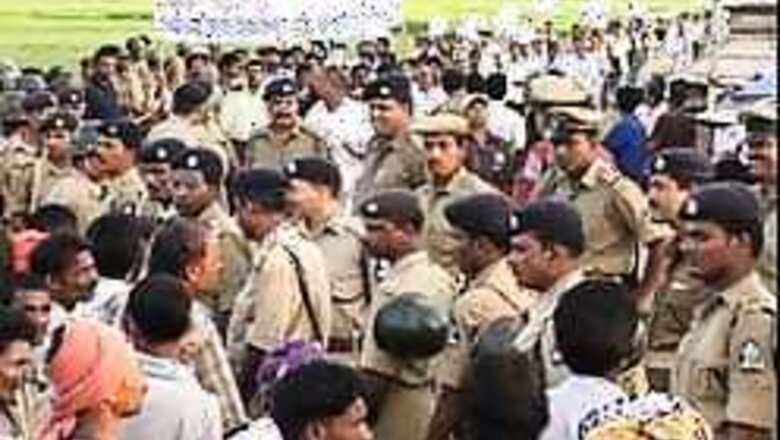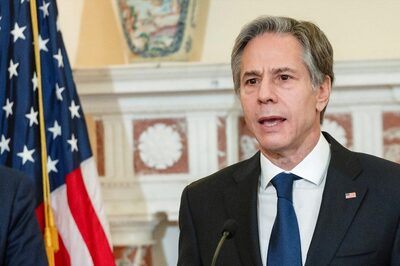
views
Bhubaneswar: More than 500 policemen have been deployed in Orissa after the arrest of a senior leader who had been spearheading protests against South Korean steel maker Posco.
The Supreme Court in August allowed Posco use of large tracts of forest land to build a $12 billion plant - the country's largest foreign investment - which villagers say will force them off farmland and displace about 20,000 people. Posco and the state say the plant, in Jagatsinghpur district, will create jobs in an impoverished part of the country.
Police arrested Abhay Sahu, chairman of the anti-Posco group PPSS, on Sunday in connection with attacks on the house of a Posco supporter two years ago, a police official said.
At least 24 criminal cases related to Sahu's group were pending, he said, adding police feared Sahu's supporters may step up protests after his arrest.
"We have deployed adequate police personnel to avoid any untoward incidents," senior police officer Kumarmani Meher said.
The region has witnessed numerous clashes since Posco inked a deal in June 2005. A Posco official on Monday said they were still awaiting mining approvals from the government. A spokesman for PPSS said their protests would continue.
"If he is not released immediately the government will be held responsible for consequences," Prasant Paikray said, adding PPSS would "carry on the struggle against the company".
Foreign companies and Special Economic Zones are facing a lot of opposition in India. Earlier this month, Tata Motors Ltd quit West Bengal after violent protests by farmers who lost land forced it to stop production.
Also in Orissa, miner Vedanta Resources Plc has run into opposition to its plans to mine bauxite in hills considered sacred by tribal people.
The Supreme Court in August greenlighted Vedanta's plan, part of an $800 million project in the resource-rich state. The protests reflect a larger standoff between industry and farmers unwilling to give up land in a country where two-thirds of the population depends on agriculture for a living.

















Comments
0 comment